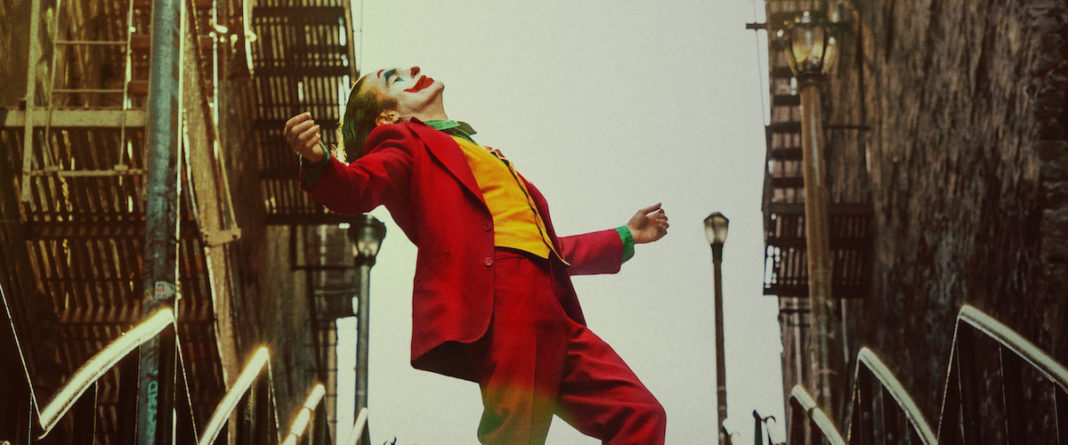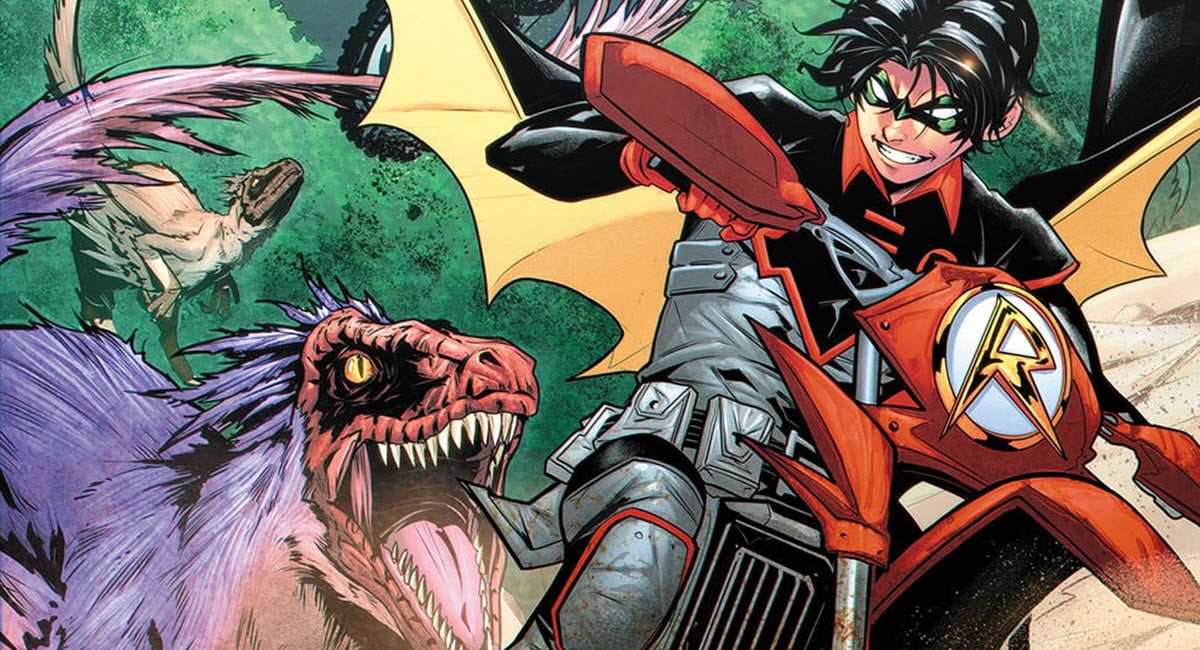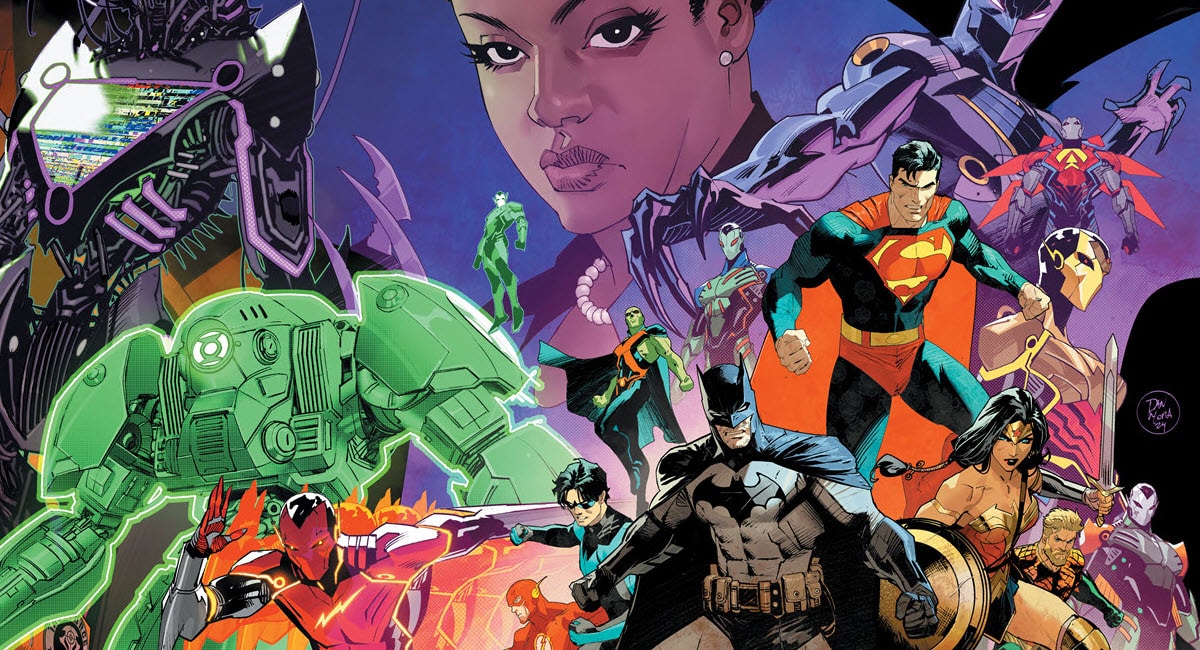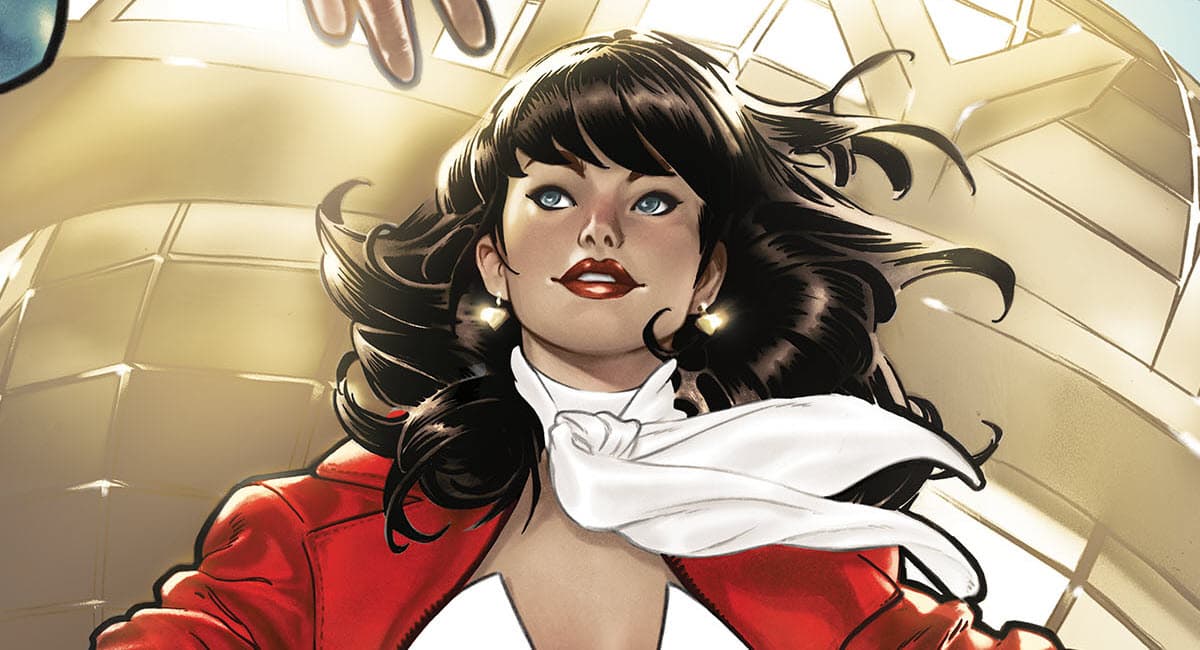By Kay-B
One of the hottest premiere tickets of TIFF 2019 was Joker, fresh off the heels of its Golden Lion prize at the Venice International Film Festival. Shedding any preconceived expectations, I went into the film ready to experience something that was outside of the norm of the DC cinematic universe, and boy, did Joker deliver something way out there!
Joker is a one-dimensional, dark, and menacing look at the tragic life of Arthur Fleck (Joaquin Phoenix) and his impending and complicated rise to becoming the sociopathic supervillain, Joker. With a heartbreakingly terrifying performance from its star, Joker leaves you wondering why there were any other characters featured in this one man’s tale. Told strictly from his vantage point and at the sometimes-harrowing expense of the other characters, we are made to know Arthur, feel for Arthur and then fear Arthur himself.
Arthur Fleck is a hired clown performer by day and an aspiring stand-up comedian by night, struggling to keep the lights on and roof over his and his ailing mother’s heads. A self-proclaimed loner, he suffers from a disorder caused by severe head trauma that triggers him to laugh uncontrollably at the most inopportune moments. Essentially, when he is hurting, upset, and/or wants to cry, he laughs. This inability to control his emotions in a socially acceptable way often leads to him being scrutinized and attacked.
Generally minding his own business and working hard during Gotham’s severe economic downturn, Arthur is so badly mistreated, that he is given a gun for protection. Initially hesitant, he eventually caves and accepts the gun, knowing that navigating his mental health in a city rot with crime, corruption, and poverty, means taking extra measures for self-preservation.
Arthur doesn’t tell anyone about the gun, not even his mother and arguably only friend, Penny Fleck (Frances Conroy). With limited time left to live, she hardly notices the full scope of what’s going on with Arthur and is obsessively preoccupied with contacting former employer Thomas Wayne (Brett Cullen) to incessantly ask for financial assistance. Wayne, of course, could not care less about Penny or the working class, which is in line with the sentiment of the wealthy during Gotham’s financial hardships.
So, when Arthur is ambushed yet again, events escalate and Arthur finally defends himself. This flips a switch for Arthur and rather than feel remorse for his actions, he doesn’t feel anything. It is this event that spurs a political engagement for folks like Thomas Wayne. The deaths also empower Gotham’s working class to rise up.
Throughout the film, Arthur encounters more people, twists and turns on his rise to becoming the infamous Joker. He finds out more complicated family secrets and spirals deeper and deeper into own personal delusions. Along the way, while in his building, Arthur meets Sophie Dumond (Zazie Beatz) and her daughter. He is immediately infatuated with her and her presence. While Beatz isn’t as utilized in this film as I had hoped, she does give an endearing performance in a pivotal scene and you will wish that you had gotten more, not just Arthur’s perspective.
Sophie isn’t the only black woman in Arthur’s atmosphere, which feels oddly purposeful but also lacking. Why are some of the women in this film strategically placed — almost like props — instead of fully flushed characters that help bolster and build Arthur’s arc in a seamless and more meaningful way?
As the film reaches its pinnacle with the arrival of Joker and the Gotham that we all know from Bruce Wayne’s perspective, one thing I found myself wondering was why were there other characters? Why didn’t the writers create a better arc for Sophie Dumond? Why wasn’t Penny’s backstory and her present-day interactions with Arthur more aligned? Why didn’t we get to see more come to head with this deeply complex familial relationship? Is there more to Brian Tyree Henry’s character?
By the time you finally come to in your own reality while watching Joker, you may ask yourself why many of the film’s poignant revelations didn’t happen sooner; you may also ask, “where was the payoff?” While Phoenix gives a captivating performance with an oddly sincere and diabolical laugh meant to make you empathize for him, it is very much singular and enveloping, and not enough to fill in the various holes along the way.
As committed as I was to Phoenix’s performance, I found myself walking out of the theater wondering, why did we need to tell this deeply violent and triggering story now? Where does DC go from here and this standalone film? Why didn’t we get more from the dynamic actresses that were involved? And, quite frankly, do we need another Joker film? You be the judge when Joker hits theaters on October 4th.








I plan to see this (not on opening day, but I’ll see it). I could do without the fanboy campaigning for this to receive a best picture Oscar nomination, a campaign that started months before the movie even premiered.
The Joker hoopla seems to be the latest version of those “Zap! Pow! Comics Aren’t Just For Kids Anymore” articles that have been around since at least the ’80s.
Thanks for spoilers
A little note at the top warning of spoilers would have been terrific.
Comments are closed.